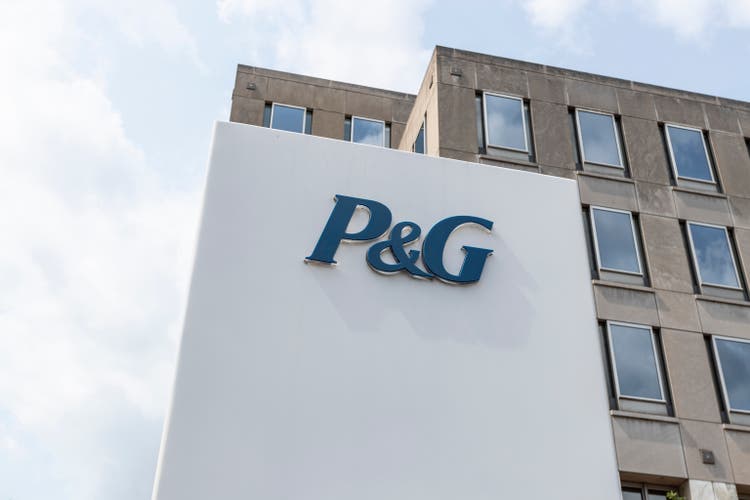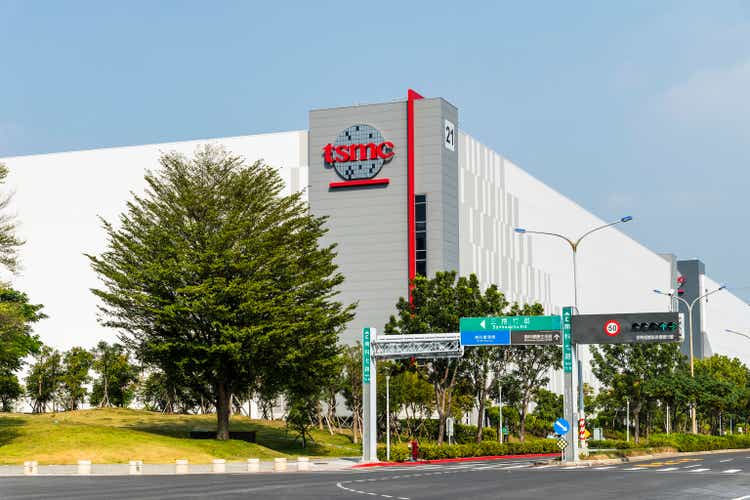Caterers cook up cloud kitchen strategy for post-pandemic offices

Food has emerged as a new front in the battle to lure reluctant workers back to the office and just as companies are adapting to hybrid working, so too are the catering groups that serve them.
Lunch menus at the London offices of tech companies like Netflix and Palantir now feature mains of chermoula marinated hake, sides of orange and saffron-roasted carrots, and triple chocolate and sea salt brownie desserts, provided free of charge to workers.
Food is no longer a “commodity” but a way to entice staff to the office, said Cristina Covello, head of strategic growth at Fooditude, the company producing the meals at its 3,000 sq ft kitchen on an industrial estate in London’s South Bermondsey.
Fooditude is part of France-based Sodexo, which acquired a majority stake in the group in 2020 to build its capacity in so-called cloud kitchens: off-site catering facilities used to prepare meals for delivery.
Traditional caterers like Sodexo hope this flexible approach will enable them to rebound from the pandemic. It could also help ward off delivery start-ups like Just Eat that are moving into a $70bn workplace catering market that has yet to recover from the working from home impact.
Office occupancy levels in the UK were at just 25 per cent of capacity last week, according to property analysts Remit Consulting.
The world’s four largest caterers, Compass, Sodexo, Elior and Aramark, make up roughly 30 per cent of the $220bn global contract catering market, according to Compass. They provide services to hospitals, schools and events, but 30 to 45 per cent of their revenue comes from business and industry, a category that includes offices.
Dominic Blakemore, chief executive of Compass, said more than half of the UK-listed catering group’s business “completely” stopped following the outbreak of Covid-19. Operating profit dropped 70 per cent in 2020.
The company has since rebounded but its business and industry revenues remain 23 per cent below 2019 levels.
The slump in demand for office catering has come as new threats emerge. The four leading providers account for a fifth of total revenue from the business and industry sector, according to Bernstein analyst Richard Clarke. But food delivery start-ups are trying to eat into the market.
Just Eat Takeaway, best known for its takeaway delivery service, paid £16mn in 2019 to acquire City Pantry, a London start-up that said it was “transforming the way people do food at work”. Since renamed Just Eat for Business, it says it delivers meals at home and in the office to 30,000 employees at 600 companies every week. Competitor Deliveroo has launched a similar service, Deliveroo for Work.
While the likes of Sodexo make their own food, Just Eat and Deliveroo deliver restaurant meals to business clients through an extension of their core consumer service, though their market share remains small and they are city-focused.
For workers, a choice of local restaurants offers a more attractive range of lunch options, said Matt Ephgrave, managing director of Just Eat for Business.
Despite the emergence of Just Eat and Deliveroo, some businesses remained “pretty reluctant” to invest in upgrading their own services through technology like fully cashless services, said Clarke.
But faced with a long-term shift to flexible working, some caterers are reinventing themselves.
Elior, whose UK clients include Coca-Cola and retail property company Hammerson, is using its network of cloud kitchens to tap a new income stream: small and medium sized businesses.
On-site kitchens needed to serve at least 150 covers to be cost-effective but cloud kitchens allow caterers to serve businesses with 10 or 15 employees, considerably increasing the addressable market.
Caterers are also developing expertise in other areas. Elior has acquired food delivery start-up Nestor, while Sodexo has expanded its courier service with contract caterer The Good Eating Company.
With fewer on-site kitchens, catering companies can also make savings by operating with fewer staff. Julie Ennis, Sodexo’s chief executive of corporate services for UK and Ireland, said: “We’re also partnering with existing clients to use space already there to service sites in a 20-minute radius.”
Blakemore and other caterers argue that they can develop more cost-effective delivery models than the likes of Just Eat.
Compass bought London cloud canteen start-up Feedr for roughly $24mn in 2020. “We have the efficiencies of scale and of delivery. We are not delivering two meals, we are delivering 50 to 100,” Blakemore said, adding that many clients do not want multiple delivery drivers arriving at their office throughout the day.
Reducing labour costs will be a particular advantage for hospitality businesses in the UK, where Brexit and the pandemic have hit staffing levels.
Ennis said: “We need to adapt anyway because we can’t get the staff. We need to change the model to do that.”
Caterers are investing in automation that could help tackle this issue. Last year, Compass acquired Indian start-up SmartQ, which it said would provide technology for cashier-less cafeterias.
The cost savings from operating cloud kitchens also offer caterers an opportunity to combat rising inflation, particularly the pressure to raise wages.
“Inflation is driving these changes,” said Daria Fomina, an analyst at Goldman Sachs. “With shortages of labour and increasing labour costs, you have to be more creative.”
World News || Latest News || U.S. News
Source link




